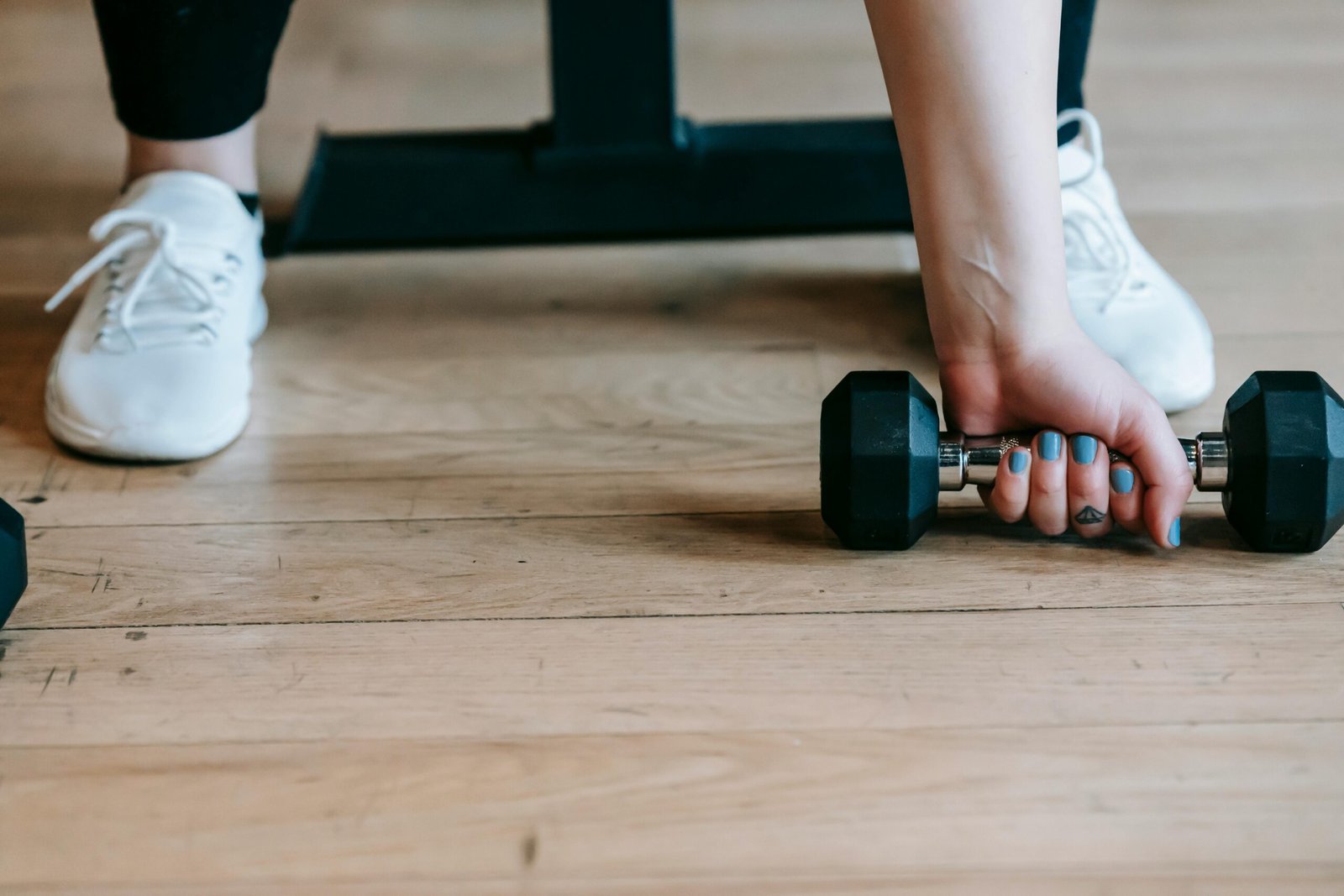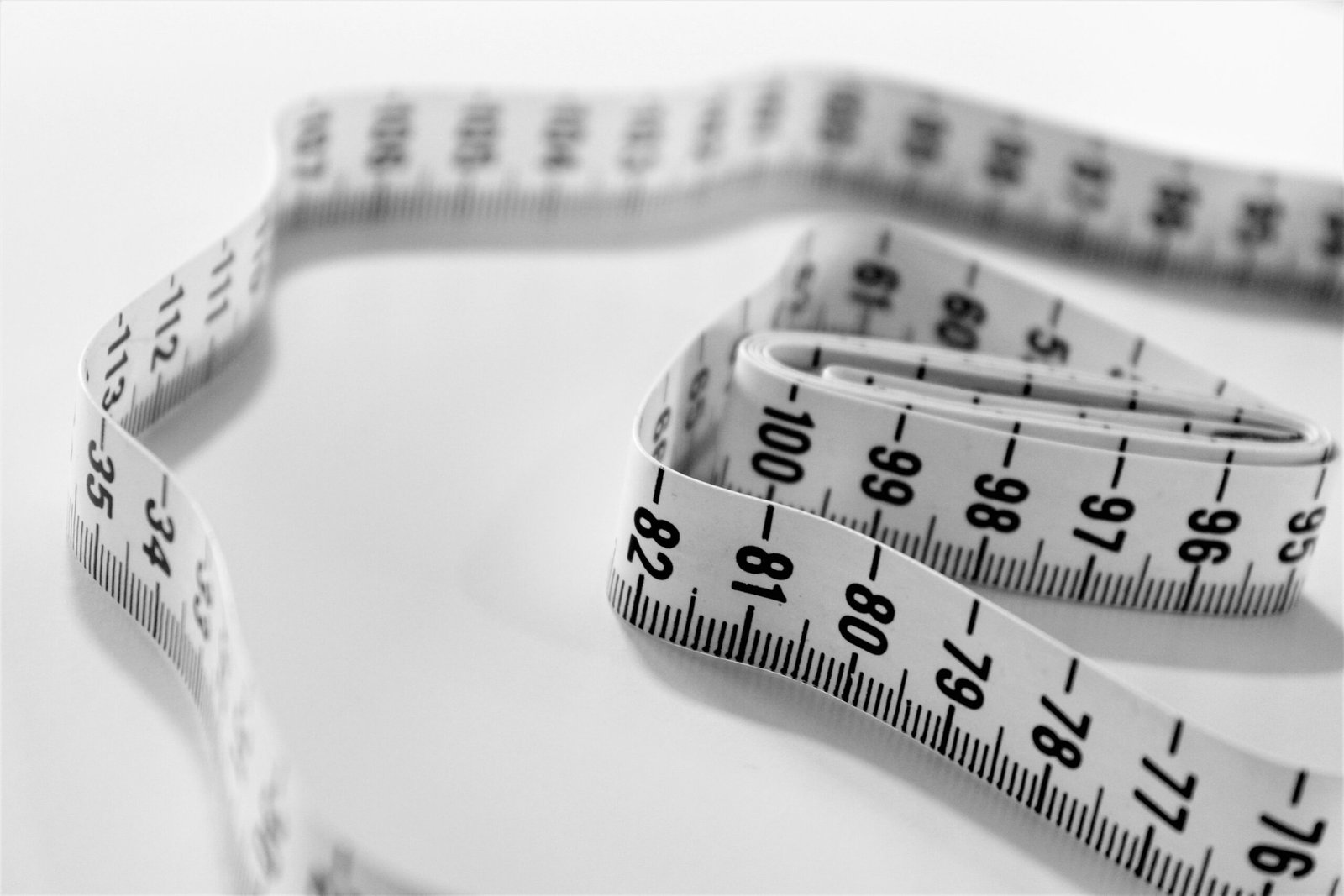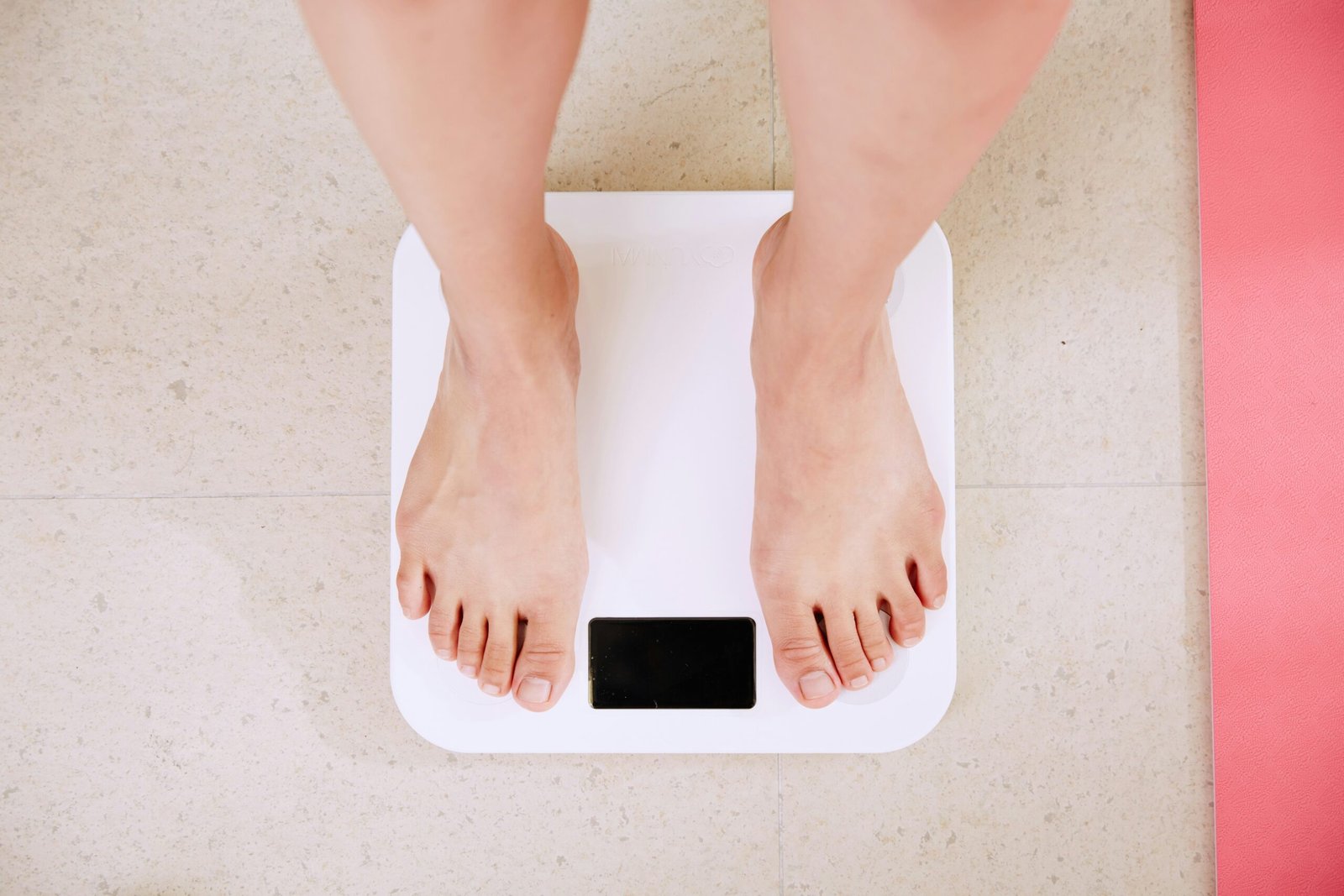While exercise is undeniably beneficial for weight loss, it is not the sole determinant of success. In fact, research has shown that diet plays a much larger role in weight management than exercise alone. This is because weight loss is fundamentally a matter of energy balance – consuming fewer calories than you burn. While exercise can help increase the number of calories you burn, it can also increase your appetite, leading to potential overcompensation and negating the calorie deficit created by exercise.
That being said, it is important to note that exercise offers numerous health benefits beyond weight loss. Regular physical activity can improve cardiovascular health, increase muscle strength and endurance, boost mood, and enhance overall well-being. Therefore, even if weight loss is not the primary goal, incorporating exercise into your routine is still highly recommended for its numerous health benefits.
So, if exercise is not the main focus for weight loss, what is? The answer lies in creating a calorie deficit through diet. This can be achieved by consuming fewer calories or increasing your metabolic rate. One effective way to achieve this is through a balanced and nutritious diet that focuses on whole foods, including plenty of fruits, vegetables, lean proteins, and healthy fats. By choosing nutrient-dense foods, you can satisfy your hunger while consuming fewer calories.
In addition to dietary changes, other lifestyle factors can also contribute to weight loss without exercise. Getting enough sleep is crucial, as lack of sleep has been linked to weight gain and increased appetite. Managing stress levels is also important, as stress can lead to emotional eating and hinder weight loss efforts. Incorporating mindful eating practices, such as eating slowly and paying attention to hunger and fullness cues, can also help prevent overeating and promote weight loss.
While exercise is undoubtedly beneficial for weight loss and overall health, it is not the only path to success. By focusing on creating a calorie deficit through diet, making lifestyle changes, and adopting healthy habits, it is possible to achieve weight loss without relying solely on exercise. However, it is important to remember that incorporating exercise into your routine offers numerous benefits beyond weight loss and should still be a part of a healthy lifestyle.
When it comes to weight loss, diet plays a crucial role. In fact, many experts argue that diet is even more important than exercise when it comes to shedding pounds. The simple reason for this is that weight loss ultimately comes down to a calorie deficit – burning more calories than you consume.
While exercise can help you burn calories, it is often easier to create a calorie deficit through dietary changes. By making smart food choices and controlling portion sizes, you can effectively reduce your calorie intake without the need for intense exercise. For example, swapping sugary drinks for water, choosing whole grains over refined grains, and incorporating more fruits and vegetables into your meals can all contribute to a lower calorie intake.
However, it is important to note that exercise offers numerous benefits beyond weight loss. It can improve cardiovascular health, increase muscle tone, boost metabolism, and enhance overall well-being. Therefore, while it is possible to lose weight without exercising, incorporating physical activity into your routine can greatly enhance your results.
In addition to creating a calorie deficit, the quality of your diet also plays a significant role in weight loss. Consuming a balanced diet that is rich in nutrients can help fuel your body properly and support overall health. This means including a variety of foods from different food groups, such as lean proteins, whole grains, fruits, vegetables, and healthy fats.
Furthermore, paying attention to portion sizes is crucial for weight loss. Even if you are eating healthy foods, consuming large portions can still lead to weight gain. It can be helpful to use measuring cups or a food scale to ensure you are eating appropriate portion sizes. Additionally, practicing mindful eating can help you become more aware of your body’s hunger and fullness cues, preventing overeating.
It is also worth noting that sustainable weight loss is not just about what you eat, but also how you eat. Developing healthy eating habits and a positive relationship with food is essential for long-term success. This means avoiding restrictive diets or extreme eating patterns, and instead focusing on nourishing your body with wholesome foods and enjoying occasional treats in moderation.
In conclusion, while exercise is important for overall health and can enhance weight loss results, diet plays a central role in achieving and maintaining a healthy weight. By creating a calorie deficit through smart food choices and portion control, and by consuming a balanced diet that is rich in nutrients, you can effectively lose weight and improve your overall well-being.
Moreover, exercise plays a crucial role in managing stress and improving mental health. When you engage in physical activity, your body releases endorphins, which are known as “feel-good” hormones. These endorphins help reduce feelings of anxiety, depression, and stress, promoting a sense of well-being and improving your overall mood.
Furthermore, exercise can boost your energy levels and improve your sleep quality. Regular physical activity increases blood flow to your muscles and organs, delivering oxygen and nutrients that help improve your energy levels. It also helps regulate your sleep patterns, making it easier for you to fall asleep and stay asleep throughout the night.
Incorporating exercise into your weight loss plan also provides an opportunity for social interaction and support. Joining a fitness class or participating in group activities can help you meet like-minded individuals who share similar goals. This sense of community can provide motivation, accountability, and encouragement throughout your weight loss journey.
When it comes to weight loss, it is important to remember that sustainable and long-term success requires a balanced approach. While diet plays a significant role in shedding pounds, exercise is equally important for achieving optimal results. By combining a healthy diet with regular physical activity, you can not only lose weight but also improve your overall health, well-being, and quality of life.
Alternative Ways to Burn Calories
If you are unable to engage in traditional exercise due to physical limitations or time constraints, there are still alternative ways to burn calories and support weight loss. These alternative methods can be just as effective in helping you achieve your fitness goals.
1. Increase Non-Exercise Physical Activity: Incorporating more movement into your daily routine can help burn calories. Take the stairs instead of the elevator, walk or bike to work, or simply engage in activities that require physical effort, such as gardening or cleaning. These activities may not feel like traditional exercise, but they can still contribute to calorie burning and overall fitness.
2. Focus on NEAT: Non-Exercise Activity Thermogenesis (NEAT) refers to the calories burned through everyday activities, excluding exercise. By increasing your NEAT, you can burn more calories throughout the day. This can be achieved by standing instead of sitting, pacing while on the phone, or doing household chores. Even small actions like fidgeting or tapping your feet can contribute to NEAT and help you burn extra calories.
3. Take Breaks and Move: If you have a sedentary job that requires long hours of sitting, make it a point to take regular breaks and move around. Stretch, do some light exercises, or go for a short walk. These small bursts of activity can add up and contribute to calorie burning. Consider setting a timer to remind yourself to get up and move every hour.
4. Incorporate Strength Training: While cardio exercise is often associated with weight loss, strength training can also be beneficial. Building muscle can increase your metabolic rate and help you burn more calories even at rest. Consider incorporating bodyweight exercises or using resistance bands for strength training. Aim to include strength training exercises at least two to three times a week.
5. Try Low-Impact Exercises: If you have physical limitations or joint issues that prevent you from engaging in high-impact exercises, there are plenty of low-impact alternatives that can still help you burn calories. Swimming, cycling, and using an elliptical machine are all great options that are gentle on the joints while providing an effective workout.
6. Practice Mindful Eating: While not a form of physical activity, practicing mindful eating can still contribute to weight loss. By paying attention to your hunger and fullness cues, eating slowly, and savoring each bite, you can prevent overeating and make healthier food choices. This can help create a calorie deficit and support weight loss even without intense exercise.
Remember, the key to burning calories and achieving weight loss is finding activities that you enjoy and can incorporate into your lifestyle. By being creative and thinking outside the box, you can find alternative ways to burn calories and support your fitness goals.
The Importance of a Healthy Lifestyle
While exercise is not the only factor in weight loss, it is important to adopt a healthy lifestyle overall. This includes making nutritious food choices, managing stress levels, getting enough sleep, and staying hydrated.
When it comes to making nutritious food choices, it is important to focus on consuming a variety of fruits, vegetables, whole grains, lean proteins, and healthy fats. These foods provide essential nutrients that support overall health and well-being. By incorporating a wide range of nutrients into your diet, you can ensure that your body is getting the fuel it needs to function optimally.
In addition to making healthy food choices, managing stress levels is crucial for maintaining a healthy lifestyle. Chronic stress can have negative effects on both physical and mental health. It can lead to increased cravings for unhealthy foods, disrupt sleep patterns, and contribute to weight gain. Finding healthy ways to manage stress, such as practicing mindfulness, engaging in regular physical activity, or seeking support from a therapist, can help promote overall well-being.
Getting enough sleep is another important aspect of a healthy lifestyle. Lack of sleep can disrupt hormone levels, increase appetite, and impair cognitive function. Aim for seven to nine hours of quality sleep each night to support your weight loss efforts and overall health.
Staying hydrated is also essential for maintaining a healthy lifestyle. Drinking an adequate amount of water throughout the day helps to regulate body temperature, support digestion, and flush toxins from the body. It is recommended to drink at least eight cups of water per day, but individual needs may vary depending on factors such as activity level and climate.
By focusing on overall well-being, you can create a sustainable and effective weight loss plan. Remember that weight loss is a journey, and it is important to be patient and consistent in your efforts. Consult with a healthcare professional or a registered dietitian for personalized advice and guidance.
In conclusion, while it is possible to lose weight without exercising, it is important to approach weight loss in a balanced and sustainable way. By combining a healthy diet with regular exercise and adopting a healthy lifestyle, you can optimize your weight loss journey and achieve long-term success.


